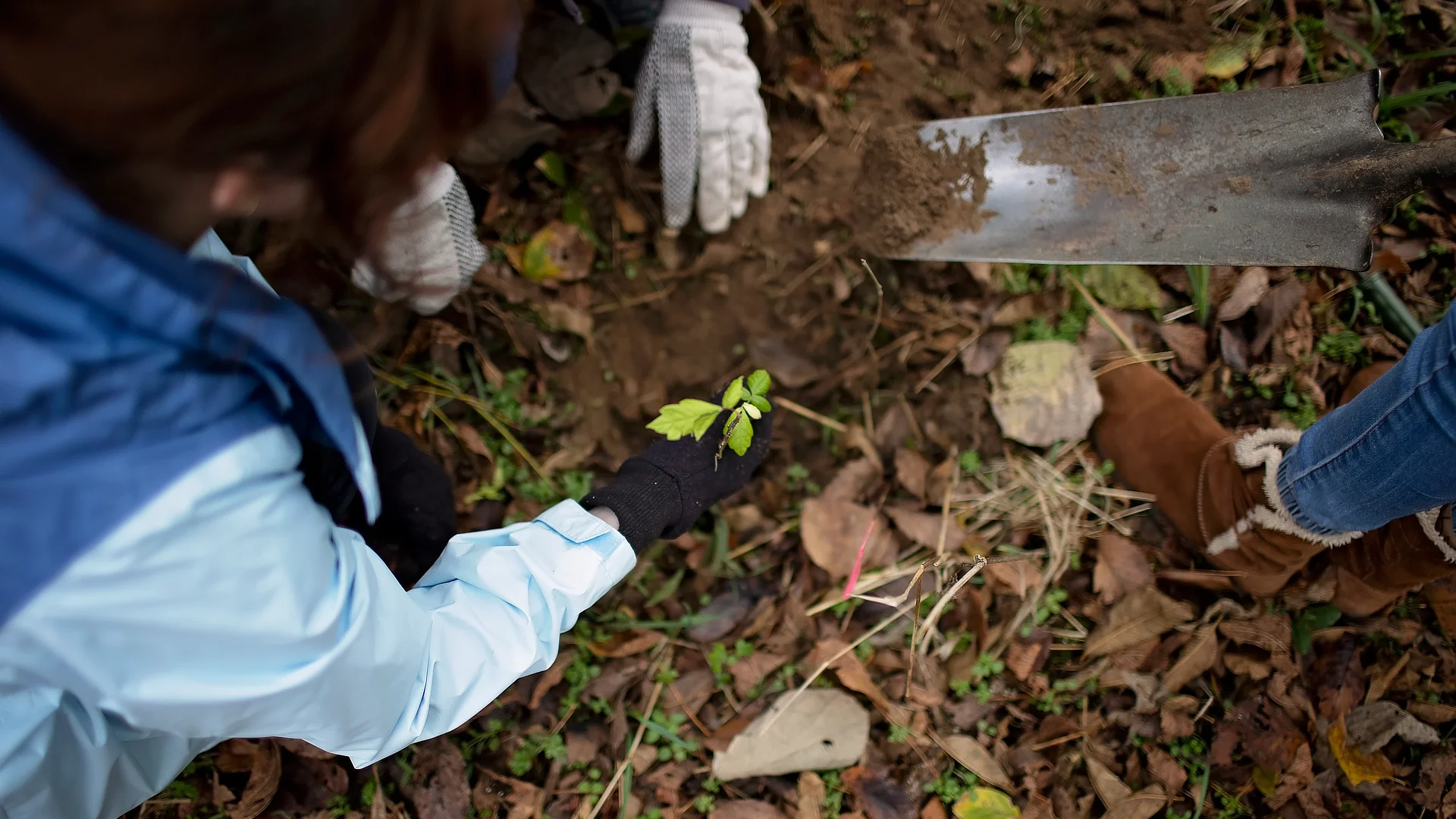Alabama is rich in forest, water and other critical natural resources. In fact, Alabama is home to the most species diversity of any state east of the Mississippi River. There are 64 types of terrestrial ecosystems with 132,000 miles of rivers and streams supporting this biodiversity. Simultaneously, these natural resources are the basis for multibillion dollar industries including fisheries, steel and timber. These resources underlie Alabama’s tourism ranging from beaches and lakes to bird watching to rock climbing.
However, balancing natural resources with community needs for economic development, jobs, housing and revenue requires the implementation of policies that can meet these challenges. Leaders in both the public and private sectors need the skills to find commonalities and innovations to manage these competing interests.
Cumberland School of Law’s Land Use & Natural Resources Center addresses important policy issues related to these resources. Through the center, Cumberland faculty and students address critical environmental issues from water quality to land development to the forest industry and urban sprawl.
Faculty
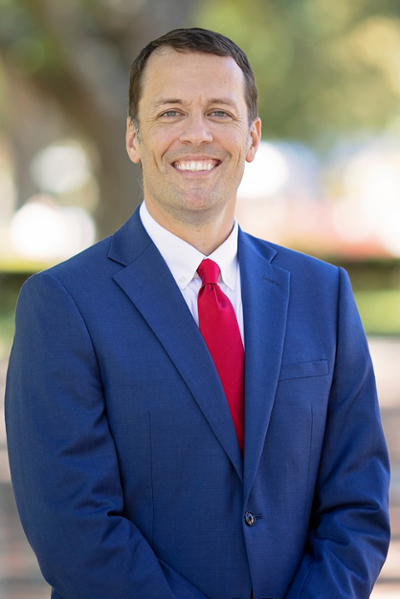
Dean Blake Hudson, Director
Blake Hudson came to Cumberland School of Law in 2022 after serving as the Samuel T. Dell professor of law and director of the Environmental Land Use and Real Estate Law Program at the University of Florida’s Levin College of Law. Hudson teaches courses related to property, environmental and natural resources law. His research focuses on the intersection of land use law, policy, and planning with natural resource management, with particular emphasis on the role of forest management in combating climate change and the implications of land development for sustainable natural resource management.
His research has also centered on the complex role of private property rights and government institutions as solutions to common dilemmas and how federalism and constitutional structure have the potential to both complicate and resolve land use and natural resource management issues at the state, federal and international levels. He has published over 30 articles in legal and peer reviewed academic journals, 10 book chapters and three books.
Hudson obtained his bachelor’s degree in biology and history, with minors in prelaw and political science, from the University of Montevallo. He graduated with high honors from Duke University School of Law and received a Master of Environmental Science and Policy from Duke’s Nicholas School of the Environment.
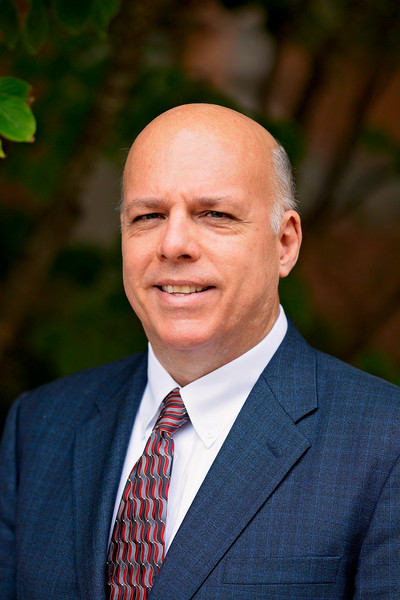
William Holt, Associate Director
William Holt received his Bachelor of Arts in geography from the University of Georgia where he was in the Honors Program graduating Phi Beta Kappa and received the UGA President’s Award. Holt completed a master’s in city planning from the College of Architecture at Georgia Tech graduating with honors. He holds a PhD from Yale University with a focus on urban and cultural sociology as well as a JD in environmental and energy law from Vermont Law School where he was a Schweitzer Fellow with Dartmouth College.
Holt started his planning career while at Georgia Tech working on the 1996 Summer Olympics in Atlanta with Central Atlanta Progress and the Atlanta Community Design Center. He served as a community planner with the National Capital Planning Commission in Washington, D.C. on the 2050 Monumental Core Plan updates of the 1791 L’Enfant and 1902 McMillan Plans for the national capital. While at Vermont Law School, he interned with the Institute for Energy and the Environment and the Vermont Public Service Commission.
Prior to coming to Samford, Holt served as the program coordinator for Birmingham-Southern College’s (BSC) Urban Environmental Studies Program as well as co-chair for the Architectural Studies major. Also, Holt redeveloped the curriculum to re-establish the sociology program. Through the U.S. Environmental Protection Agency’s College/Underserved Community Partnership Program (CUPP), he collaborated with Bessemer, Alabama, to develop engaged learning programs for site remediation and redevelopment as well as an ethnographic industrial history community data base of citizens’ videos. BSC recognized Holt with the Whetstone Award for outstanding junior faculty and Randall Award for student organization advising.
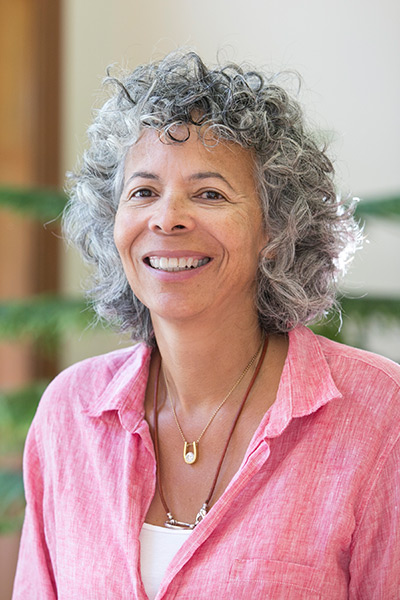
Jill Evans
Jill Evans, associate dean of academic affairs, joined the Cumberland School of Law faculty in 1994. Prior to academia, Evans was in practice for more than 12 years in Illinois and California. She handled matters in both state and federal court in a diverse set of cases including commercial disputes, products liability, municipal liability, civil rights actions, voting rights, ERISA and pursuant to CERCLA.
Evans graduated from the University of California Irvine and received her Juris Doctor and master's degree in management from Northwestern University. Evans was selected as a Supreme Court Fellow in 2000-01, assigned to the Federal Judicial Center, where she worked under the director on the Manual for Complex Litigation 4th. She was appointed as a special master for Judge Joel Laird in the Anniston PCB litigation and has acted as general counsel for a start-up entertainment company and worked with a Swiss-based cybersecurity company.
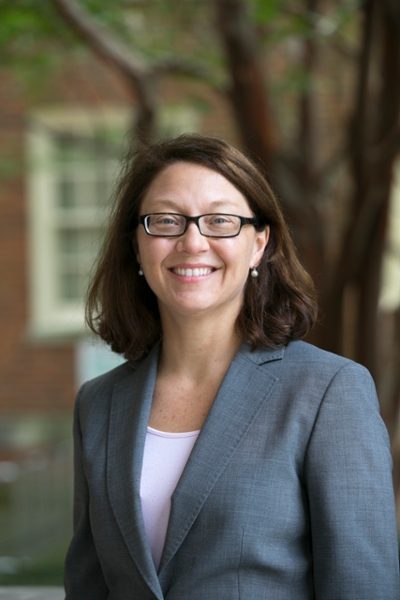
Tracey M. Roberts
Tracey M. Roberts practiced law for 14 years, primarily in the area of commercial real estate and affordable housing, specializing in tax credit financing, mixed-use real estate development, and sustainable land use planning at Alston & Bird LLP and Arnall Golden Gregory LLP in Atlanta, Georgia, and at Jacobs Chase in Denver, Colorado. She also developed technology projects for four years for Atlanta Legal Aid and Georgia Legal Services Program to expand access to legal information and legal services.
Roberts has taught a variety of tax, property and environmental law courses at the University of Louisville Louis D. Brandeis School of Law, the University of South Carolina School of Law, Seattle University School of Law and the University of California Hastings College of the Law.
She holds an undergraduate degree from Harvard University, a Juris Doctor from Vanderbilt School of Law and an LLM in Taxation from New York University School of Law.
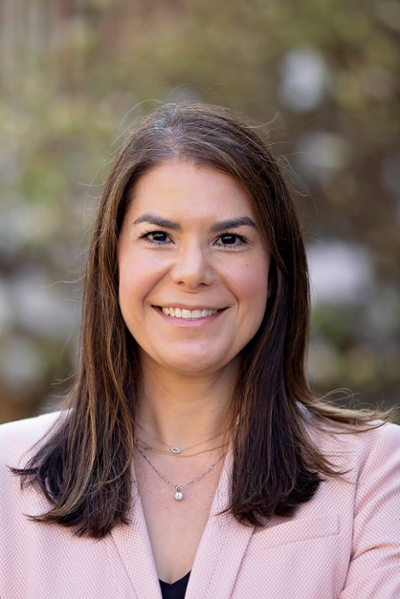
Maryam T. Stevenson
Maryam Stevenson is an assistant professor at Cumberland School of Law where she teaches Administrative Law, Torts, Professional Responsibilities, Immigration Law, Mental Health Law, and Food and Drug Law.
Before joining the Cumberland faculty, Stevenson worked as an assistant professor of political science and prelaw adviser at Troy University and the University of Indianapolis.
Prior to teaching, Stevenson specialized in physician and health care immigration. She has represented Fortune 500 companies, universities, medical groups and medical research facilities, as well as extraordinary researchers in health care and academia.
Symposia and Speaker Events
Environmental law symposia and speaker events address current environmental and land use issues in metro Birmingham, across the state of Alabama and the American South. These events expose students to the issues as well as demonstrate the range of employment opportunities in these areas.
Speaker Series: Real Estate Zoning, Entitlement, and Land Use Practice
Nov. 2025
Charlie Beavers discussed common legal practices and contemporary ideas in the zoning and entitlement industry relating to land use and real estate development. Beavers, a former partner of Bradley Arant Boult Cummings LLP's in the firm's Real Estate Practice Group, is the founding partner of Beavers Law LLC, where he continues to practice primarily in the field of real estate law.
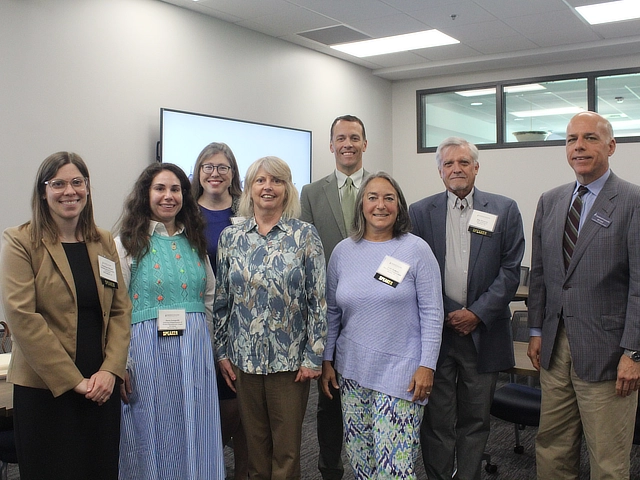 Symposium: Resilient Futures: The Next Era in Land Use Law
Symposium: Resilient Futures: The Next Era in Land Use Law
Oct. 2025
In partnership with Cumberland School of Law's Continuing Legal Education department, this symposium provided an opportunity for attendees to explore the evolving intersection of environmental stewardship, land use planning and sustainable development. A full day of panels and discussions were designed to equip attendees with insights into the legal frameworks shaping the future of environmental law.
Speaker Series: Flooding and a Strategy for Resilience
Sept. 2025
Ben Wegleitner spoke to us about how The Nature Conservancy and its partners in Alabama are working to identify, prioritize and implement strategies to make people and the environment more resilient to flooding.
Speaker Series: Zoning and Affordable Housing
April 2025
Speakers from local government and the Birmingham real estate community discussed zoning and affordable housing challenges.
Speaker Series: Alabama Power Company
Feb. 2025
Guests from Alabama Power Company explained issues in environmental regulation.
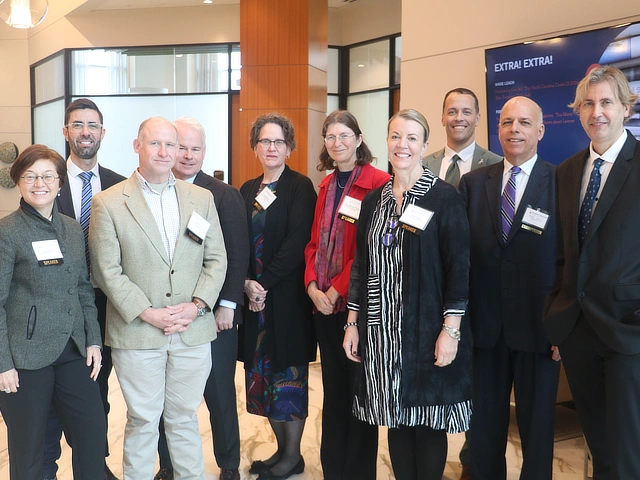 Symposium: Environmental Regulatory Alternatives in a Diminished Administrative State
Symposium: Environmental Regulatory Alternatives in a Diminished Administrative State
Jan. 2025
In partnership with Cumberland School of Law's Continuing Legal Education department, this half day institute focused on regulatory alternatives to direct federal environmental regulation in view of a federal administrative state that has been hamstrung by a series of high-profile cases in recent years. The symposium highlighted the development of private governance, environmental markets, and taxation policies to fill environmental regulatory gaps.
Speaker Series: Careers in Environmental Law
Jan. 2025
Cumberland School of Law alumni working in these fields discussed career opportunities with students.
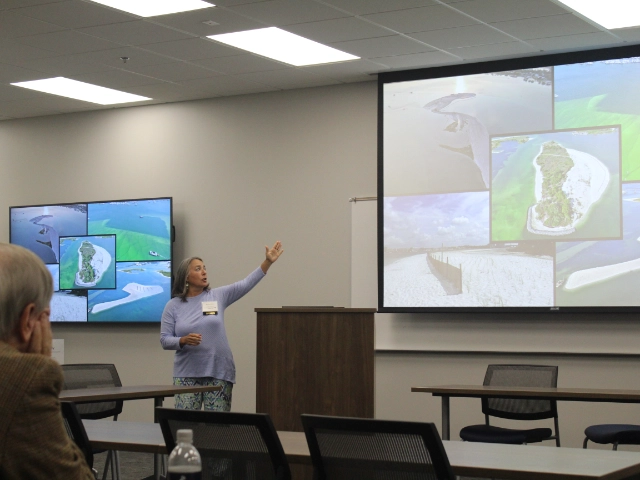 Symposium: Water Crises and Environmental Justice
Symposium: Water Crises and Environmental Justice
April 2023
The Symposium on Water Crises and Environmental Justice featured environmental justice experts from across the country. Panelists represented organizations such as the NAACP, Columbia Law School, Black Water River Keeper, the National Sea Grant Law Center, Freshwater Land Trust and the law firm of Cohen Milstein.
Iceland Environmental Study Abroad Program
 Cumberland School of Law’s Iceland study abroad program is housed at the University of Iceland in Reykjavik and centers on the impact of environmental law on the world’s ecosystems.
Cumberland School of Law’s Iceland study abroad program is housed at the University of Iceland in Reykjavik and centers on the impact of environmental law on the world’s ecosystems.
Reykjavik, the capital of and largest city in Iceland, is among the cleanest, greenest and safest cities in the world. Reykjavik is one of the leaders in renewable energy and Iceland is known for its sustainable sources of energy and use of geothermal and hydropower to reduce reliance on fossil fuels. Iceland also integrates sustainability models in other areas such as tourism, fisheries, transportation and Reykjavik is at the forefront of those efforts. Reykjavik is home to and surrounded by massive volcanos, extensive glaciers, bubbling geysers, and numerous waterfalls.
Special Program Features
- An intentionally small student cohort of no more than 16 students;
- Tour of the Supreme Court of Iceland with a private Q & A with the president of the Supreme Court of Iceland;
- Tour of the Icelandic Parliament;
- Tour of the Geothermal Plant and Carbfix Borehole at Reykjavik Energy Plant;
- Tour of Hvammvick Geothermal Pools
- Students receive a total of 3 credit hours comprising three 1 credit hour courses
Curriculum and Joint Degrees
3+3 Accelerated Degree Program
Samford University and Cumberland School of Law partner to offer a 3+3 program for aspiring lawyers to accelerate their undergraduate and law degree tracks, allowing them to earn their bachelor’s degree and Juris Doctor in six years rather than the traditional seven. This fast track program is ideal for students who attend Samford to major in environmental science, geography; law, politics and society; prelaw or similar disciplines.
Cumberland School of Law also partners with other universities to offer a 3+3 accelerated degree path.
Juris Doctor/Master of Science in Environmental Management (JD/MSEM)
This joint degree, offered with Samford’s Howard College of Arts and Sciences, prepares students to work as an environmental attorney; for government organizations such as the U.S. Fish and Wildlife Service, EPA, ADEM, FERC, and the U.S. Army Corps of Engineers; in companies such as Alabama Power and Southern Company; in banks, consulting companies and major manufacturing plants; in educational institutions such as large high schools and universities; or in nonprofit organizations such as Ducks Unlimited, and various zoos and river keeper organizations. It is suggested to complete the core courses first, then begin adding electives. A new calendar offers A and B sections in the fall and spring, with one session each summer. Students who take a three-hour course in both fall and spring A and B sessions have more than ample time to complete the online program in three years.
Cumberland School of Law offers numerous course tracks for students who know the area of law within they wish to practice. Some know they want to go into family law or health law or other areas.
Environmental-Land Use Law Course Track
Our environmental law track prepares a student to represent corporate clients in the compliance with the various laws and regulations governing the environment or represents environmental groups or state actors seeking damages or injunctive relief for environmental harms to human health and to property. Students interested in environmental law may also obtain a master’s in environmental management together with their JD. In addition to required courses, students interested in this area should take elective courses relevant to environmental and land use law.

